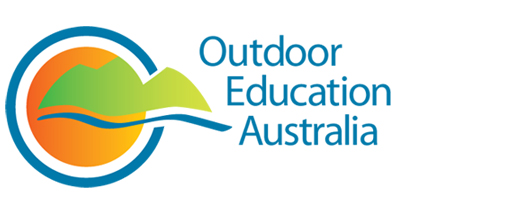JOEE 25 (1)
JOEE April 2022 Issue
The April 2022 issue of JOEE is a Special Issue on Diversity and Inclusion in Outdoor Learning. It features seven papers from international academics and researchers, predominantly from Finland and other European nations and the US. In this issue, we take a closer look at the outdoor education experiences of people with disabilities, people who identify as trans or non-binary and BIPOC (Black, Indigenous, or Person of Colour). Plus, we look at a framework for greater inclusion in the outdoors, celebrating D+I and Forest School experiences in Finland.
These issues offer OE professionals food for thought as they transform OE to be equitable and inclusive, helping more people enjoy and learn outside.
Reminder: To read these full articles you need to log-in to the OEA Digital Library
Link in the menu on the right (at the top) or near bottom if viewing on mobile device.
Celebrating Diversity and Inclusion in the Outdoors
Tomás Aylward (pic), Denise Mitten

The event and this issue of JOEE celebrates the many participants in outdoor and environmental education and the authors and educators who have chosen to learn about equity and are campaigning to have more equity in their organisations and their work in outdoor education.
Oh, the places we will go: a duoethnography exploring inclusive outdoor experiences
TA Loeffler, Kim White

With viewpoints from both parties, the article shares stories and experiences related to outdoor inclusion as well as sharing instructional hints for developing a more inclusive outdoor teaching and learning practice. Using dialogue, narrative, and photos, the authors discuss equitable and inclusive access to nature and outdoor spaces, facilitating communities of access, and negotiating the oft competing terrains of dignity, autonomy, and risk.
The experiences of trans and non-binary participants in residential and non-residential outdoor programmes
Chloe Bren, Heather E. Prince (pic)
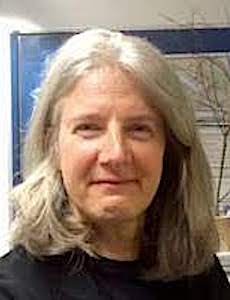
The data indicate that aspects of outdoor programming policy in respect of gender are unsuitable, outdated and incongruent with the opinions and aspirations of many practitioners and participants. The findings encourage outdoor providers to review their policies in relation to gender and to strive for inclusivity in accommodating and welcoming gender variant participants.
Outdoor education in a Finnish hospital school: Let’s open the doors and take a forest walk
Seppo Karppinen
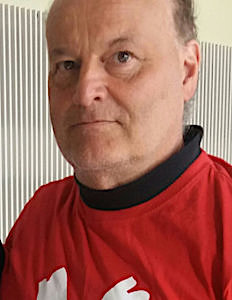
The forest walk offers a way to support cognitive function, physical health, and psychological well-being through new experiences by walking and problem-solving in the forest. The forest walk aligns well with the Finnish national curriculum and the Finnish education system of special schools, being a method to support students with health problems.
Key to this educational support is understanding how outdoor education bridges the pedagogic and didactic – terms which have different meanings in Finnish compared to English.
Activities of daily living experienced through outdoor adventure activities: intentional instruction for individuals with disabilities
Lauren J. Lieberman
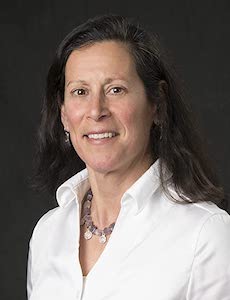
This article discusses the Cognitive Orientation to Daily Occupational Performance (CO-OP) approach for teaching ADLs via an adventure-based program. Instructional strategies and approaches using universal design for learning are also provided.
The article also offers on advice on how to adapt many popular outdoor activities to maximise opportunities for ADL’s in outdoor adventures.
Universal Design for Learning – A framework for inclusion in Outdoor Learning
Orla Kelly, Karen Buckley, Katrina Arndt (pic)
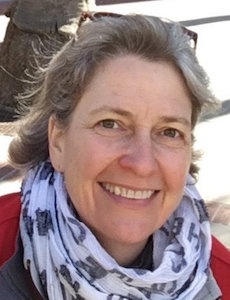
The authors argue this can be achieved through outdoor learning, if undertaken in appropriate ways. The diverse profile of children in primary schools calls on teachers to prepare teaching, learning and assessment activities to address a wide range of social, emotional, physical, cognitive and cultural needs. .Universal Design for Learning (UDL) is offered as a framework for planning outdoor learning to support delivery of curricula that are responsive to the needs of all learners.
Racial equity and inclusion in United States of America-based environmental education organizations: a critical examination of priorities and practices in the work environment
Valeria Fike Romero, Jedda Foreman (pic), Sarah Olsen
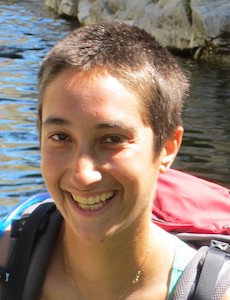
2014 research found that 94% of residential outdoor science program leaders were White, whereas 2020 US Census data show 40% of Americans are BIPOC, as are 50% of youth under the age of 16.
Despite increasing racial diversity in the United States, representation of people of colour in environmental organisations is not keeping up, including in the area of environmental education (EE). Within the EE profession there is increasing recognition of the need to address history, culture, politics, and power in EE, both in terms of educational content (Cole, 2007) and among practices as a profession (Johnson, 2019).
